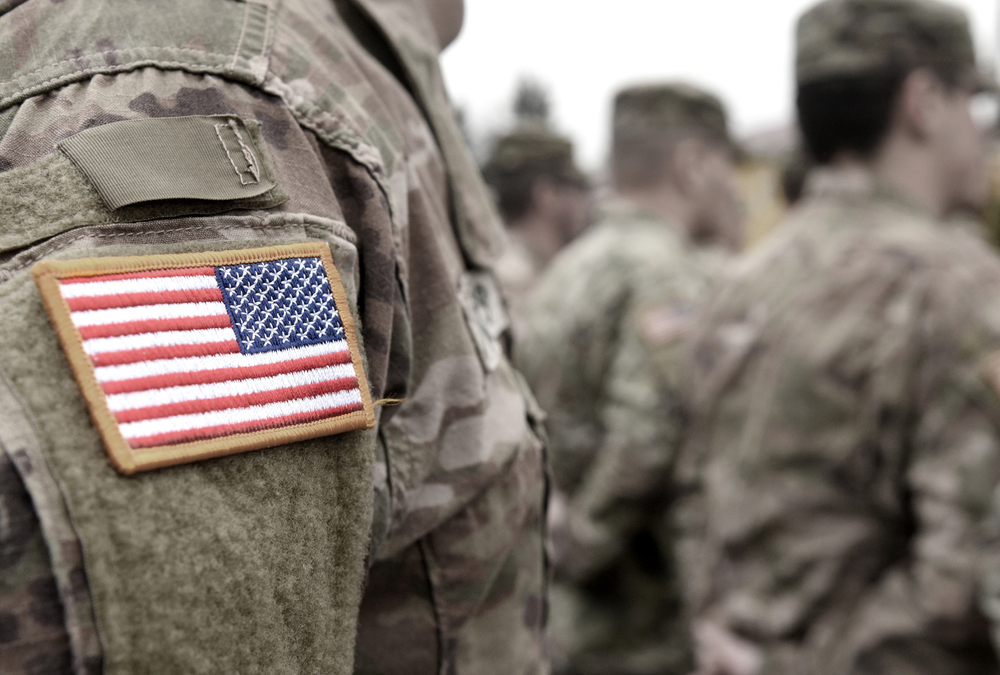While almost every job involves some amount of stress, military service members encounter many hazards in the line of duty that most civilians never experience. Various one-time or ongoing traumatic events can lead you to develop post-traumatic stress disorder, a condition characterized by an overactive fight-or-flight response and intrusive flashbacks.
Serving in combat is only one example of an incident that can lead to PTSD in veterans. Another is military sexual trauma, which includes assault, discrimination and harassment.
Trauma’s Profound Effects
Trauma can destroy your faith that the world is a safe or certain place. Because your brain has difficulty working through shocking life events, the resulting trauma can trail you to the point of becoming overwhelming.
If the following trauma symptoms have interfered with your daily life for at least a month, you may receive a PTSD diagnosis.
- Avoidance: Unwillingness to be around people, places or things that remind you of the traumatic occurrence
- Reliving the event: Having flashbacks, disturbing thoughts or bad dreams
- Anxiety and reactivity: Difficulty sleeping, hyperarousal, angry outbursts or startling easily
- Cognition and mood: Feelings of guilt, negative self-esteem, memory and concentration issues or loss of interest in previously enjoyable activities
PTSD Statistics
According to the Veterans Administration, the number of veterans with PTSD varies by the era when they served. For example, approximately 30% of Vietnam veterans developed PTSD, and some still struggle with their mental health almost 50 years later. Meanwhile, between 11% and 20% of Iraq War veterans live with PTSD.
Additionally, a 2020 survey found that 83% of all U.S. veterans and active-duty service members have experienced PTSD since the events of 9/11.
The Link Between PTSD and Addiction
There is a strong correlation between PTSD and substance use disorders. Many people who rely on drugs and alcohol also live with PTSD, and vice versa. Substance abuse can become a misplaced way to cope with PTSD symptoms, helping survivors dull the pain of their experiences.
Unfortunately, as the effects of the substance wear off, stress levels and PTSD symptoms often become more severe. PTSD can also intensify withdrawal symptoms, making it more difficult to stop abusing alcohol or drugs.
It’s essential to treat co-occurring PTSD and addiction simultaneously and holistically. For those with significant substance dependence, medically supervised detox is often the first step in a detailed treatment plan.
Help for Military Service Members and Their Families
If you are a veteran, you should be proud of your service and feel no shame about seeking treatment for substance use and mental health issues. At Hope by the Sea, we understand that military families experience more instability and uncertainty than the overall U.S. population, along with correspondingly higher rates of co-occurring substance abuse and mental health disorders.
Our family-owned California addiction treatment center has created programming specifically for military veterans and their families. We accept TRICARE and provide the structure and accountability that are so essential to establishing a sober lifestyle. We also belong to the VA’s Community Care Network. To learn more about how we can help you and your loved ones, please connect with us today.

